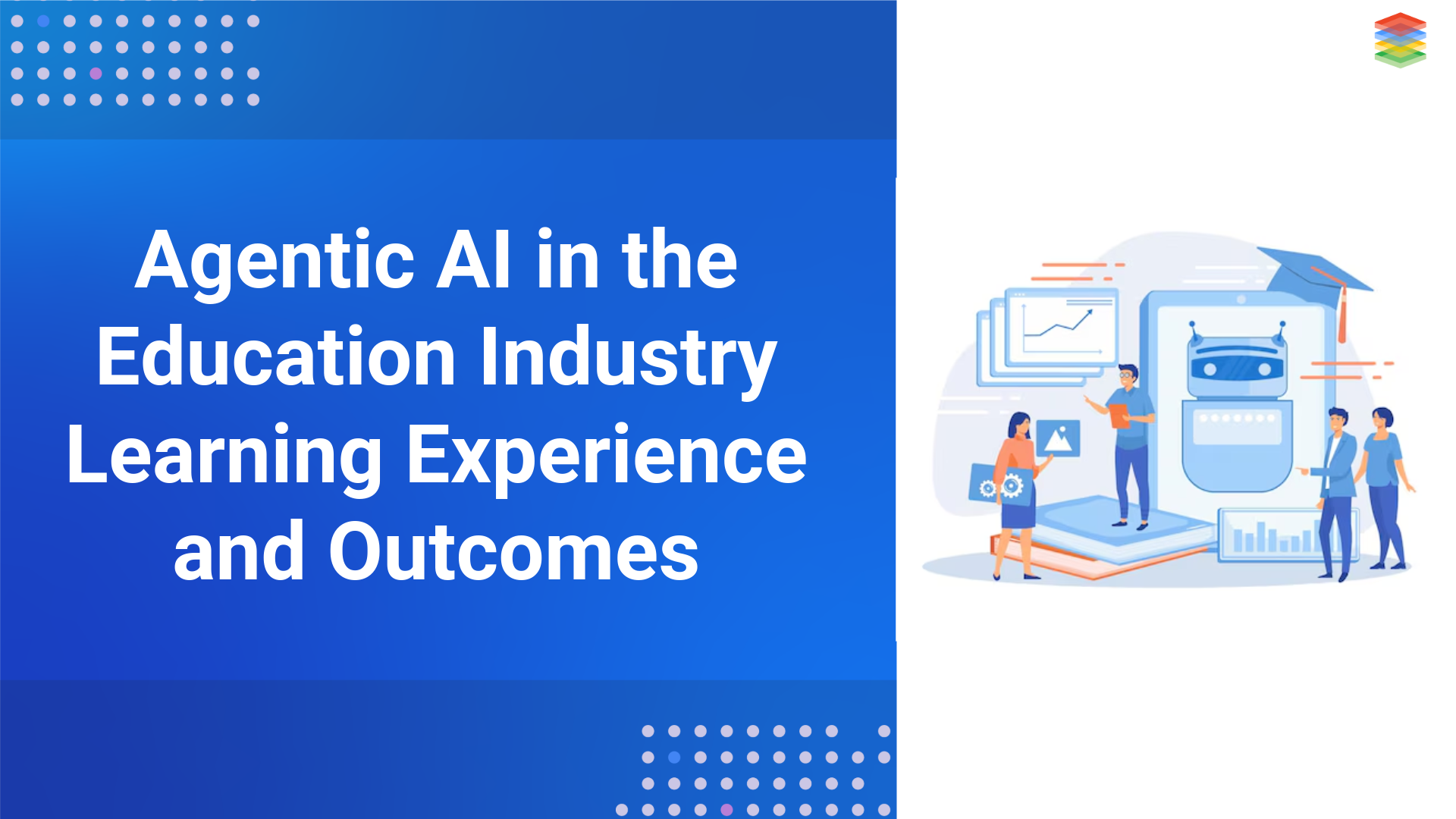
The Rise of Agentic AI: Transforming Supply Chains in 2025
As we step into 2025, one of the most transformative technologies making waves in the business world is agentic AI. This new breed of artificial intelligence is not just assisting with decision-making; it's taking control of supply chain processes, promising enhanced operational efficiency and productivity like never before. Companies that embrace this shift will not only stay competitive but could also redefine their industries.

What is Agentic AI?
Agentic AI refers to systems capable of making autonomous decisions and performing tasks without direct human intervention. This technology is designed to streamline supply chain workflows, freeing human employees from mundane tasks and allowing them to focus on strategic initiatives. According to Gartner's predictions, agentic AI is among the top trends for supply chain leaders in 2025, aimed at improving decision-making and operational efficiency (Gartner).
Key Benefits for Supply Chain Leaders
-
Enhanced Decision-Making: Agentic AI can rapidly analyze vast datasets in real-time, offering insights that empower supply chain leaders to make informed decisions quickly. This capability is crucial, especially in today's fast-paced business environment.
-
Increased Productivity: By automating repetitive tasks such as inventory management, order processing, and data entry, organizations can considerably streamline their operations. This not only reduces human error but also allows employees to allocate their time and skills to higher-value tasks.
-
Cost Savings: The efficiencies gained through automation can lead to significant cost reductions, particularly in labor and operational expenses. Organizations can reallocate these savings towards innovation and growth initiatives.
Implementing Agentic AI in Supply Chains
To leverage the full potential of agentic AI, businesses must carefully strategize their implementation processes:
-
Data Structuring: For AI models to perform effectively, companies must ensure that their data is well-organized and easily accessible. This will enable AI to derive meaningful insights and recommendations.
-
Pilot Programs: Beginning with pilot projects allows organizations to test the technology in a controlled environment. This helps in identifying potential issues and refining their AI strategies before a full-scale rollout.
-
Training and Development: Upskilling employees to work alongside AI systems is essential for maximizing the benefits of this technology. Companies should invest in training programs that equip their workforce with the necessary skills to operate in a more automated environment.
Challenges Ahead
While the promise of agentic AI is tremendous, organizations must also navigate certain challenges:
-
High Initial Investment Costs: Implementing advanced AI systems often requires significant upfront investment, which can be a barrier for some organizations.
-
Cybersecurity Concerns: As supply chains become increasingly reliant on technology, ensuring the security of sensitive data becomes paramount. Robust cybersecurity measures are essential to protect against potential threats.
Conclusion
As supply chain leaders look to optimize their operations in 2025, embracing agentic AI could be the key to unlocking new levels of efficiency and innovation. By understanding and implementing this technology, businesses can position themselves at the forefront of the supply chain revolution, benefitting from enhanced decision-making, increased productivity, and substantial cost savings.
As we continue to embrace automation and AI technologies, the future of supply chains looks brighter than ever. Companies that can adapt to these changes will not only thrive but also set new benchmarks in efficiency and innovation.